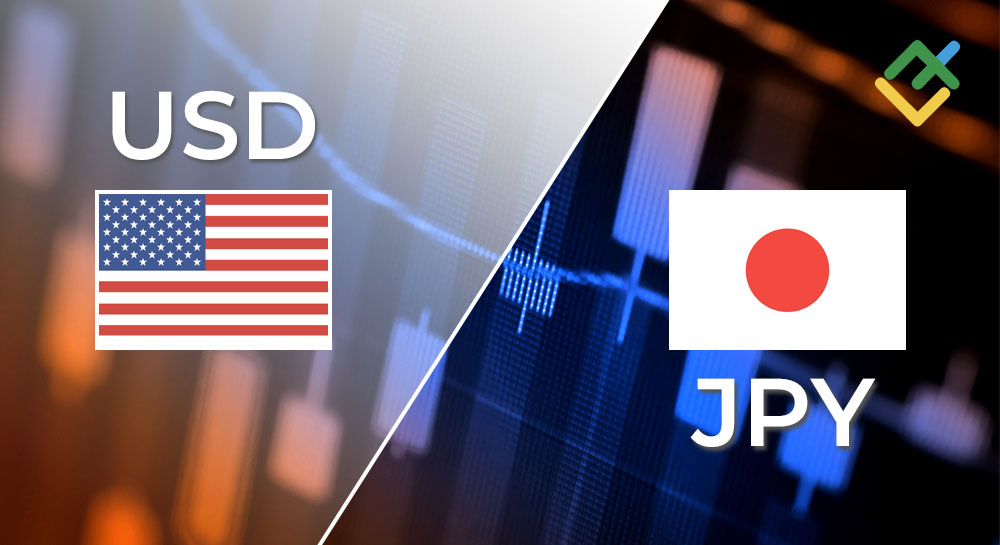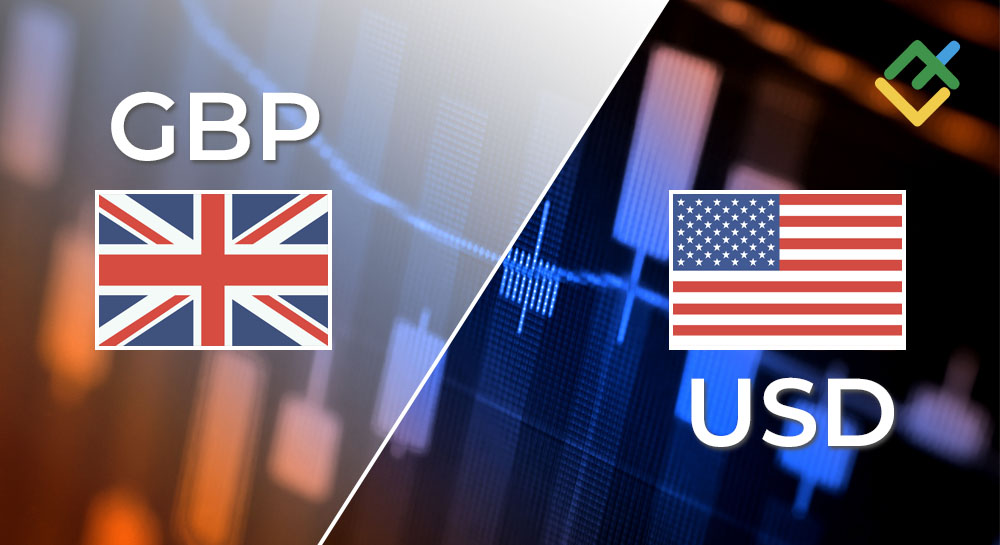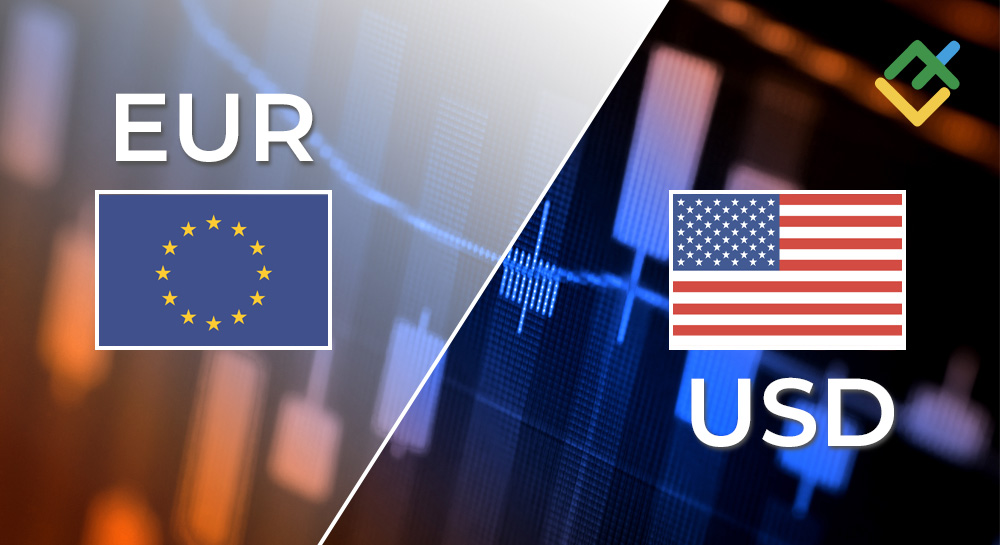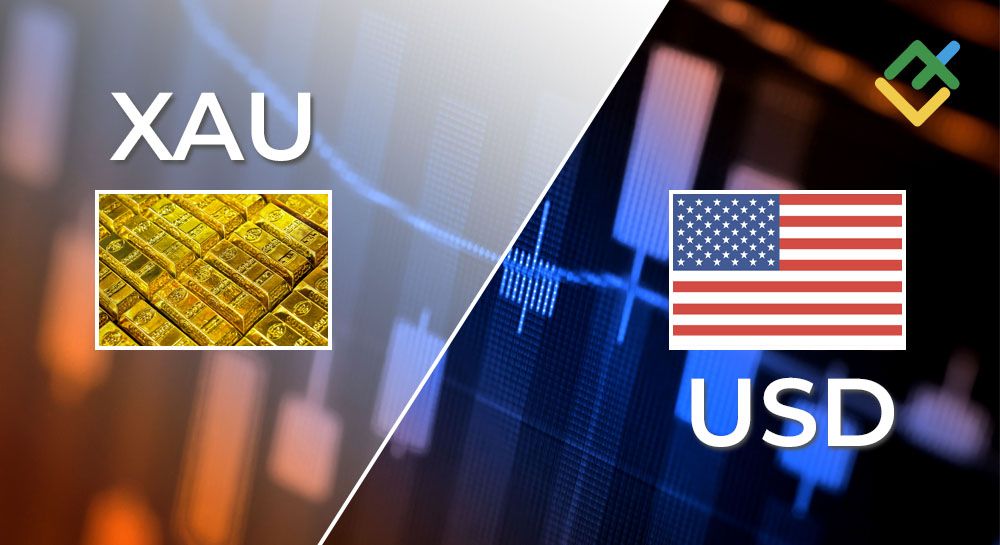The financial industry is at a crossroads
where traditional governance and sustainability practices are no longer
sufficient. A new framework—G(EES), which stands for Governance of Economic,
Environmental, and Social Impacts—is emerging as a comprehensive alternative to
the often fragmented ESG (Environmental, Social, Governance) model. This shift
calls for a more holistic, governance-centric approach that prioritises ethical
decision-making, transparency, and long-term value creation.
Why G(EES) Matters for Fintech, Forex, and CFDs
The fintech, forex, and CFDs sectors operate
in fast-paced environments with high regulatory scrutiny and evolving investor
expectations. G(EES) governance goes beyond compliance to embed sustainability
into the core of business strategy. For companies in these industries, adopting
this framework is not just about keeping up with global standards—it is about
reshaping their operations and building a foundation of trust and credibility.
Forex and CFDs firms often face criticism for
opaque trading practices, and investor trust is paramount in these sectors. A
G(EES)-focused approach will push firms to enhance disclosure practices and
ensure ethical operations, resulting in improved market perception. By adopting
stronger oversight of trading algorithms, transparent risk management
practices, and sustainable product offerings, these companies can position
themselves as leaders in responsible finance.
More importantly, implementing a robust
governance framework aligned with G(EES) will help forex and CFDs firms manage
financial and non-financial risks more effectively. As regulatory bodies and
investors increasingly favour businesses that demonstrate long-term value and
ethical conduct, embracing G(EES) could become a competitive advantage.

Fintech: Moving from Disruption to Responsible
Innovation
The fintech industry, known for its rapid
innovation and disruption, must now pivot to embrace responsibility and
sustainability at its core. G(EES) provides a structured way for fintech firms
to balance technological advancement with social impact. Startups and
established firms alike should consider how their products affect financial
inclusion, data privacy, and cybersecurity.
For instance, fintech companies can lead by
creating solutions that bridge the financial inclusion gap while maintaining
high data security and customer protection standards. This enhances the
sector’s reputation and aligns fintech’s rapid growth trajectory with broader
societal goals.
Building a Culture of Accountability and
Long-Term Vision
One of the most profound changes that G(EES)
governance demands is a shift in leadership mindset. It is not just about
reporting on sustainability metrics—it is about embedding governance into every
layer of decision-making. For fintech, forex, and CFDs firms, this means
creating internal structures that prioritise ethics and compliance without
stifling innovation.
This shift will likely involve appointing
dedicated governance officers, establishing sustainability committees, and
integrating sustainability into compensation frameworks. While this
transformation may seem daunting, the long-term reputational and financial
benefits outweigh the costs.

The Road Ahead: Transform or Be Left Behind
Being involved in the forex and CFDs industry,
I see firsthand the growing demand from regulators, investors, and clients for
companies to adopt a more integrated and transparent governance approach.
G(EES) is not just a trend; it is the new standard that will define responsible
and sustainable business practices for years to come.
Companies embracing this model will be better
equipped to navigate regulatory changes, build stronger stakeholder
relationships, and create long-term value beyond profits. Those who resist will
not only risk falling behind but may also find themselves unable to meet the
rapidly evolving market expectations.
For the fintech, forex, and CFDs sectors,
adopting G(EES) is an opportunity to redefine responsible business. By
integrating economic, environmental, and social impacts into a comprehensive
governance framework, companies can move beyond traditional ESG limitations and
take the lead in driving positive change. This is not just about compliance—it
is about transformation.
Ultimately, businesses that align with G(EES)
will survive and thrive in an increasingly complex and interconnected world.
The financial industry is at a crossroads
where traditional governance and sustainability practices are no longer
sufficient. A new framework—G(EES), which stands for Governance of Economic,
Environmental, and Social Impacts—is emerging as a comprehensive alternative to
the often fragmented ESG (Environmental, Social, Governance) model. This shift
calls for a more holistic, governance-centric approach that prioritises ethical
decision-making, transparency, and long-term value creation.
Why G(EES) Matters for Fintech, Forex, and CFDs
The fintech, forex, and CFDs sectors operate
in fast-paced environments with high regulatory scrutiny and evolving investor
expectations. G(EES) governance goes beyond compliance to embed sustainability
into the core of business strategy. For companies in these industries, adopting
this framework is not just about keeping up with global standards—it is about
reshaping their operations and building a foundation of trust and credibility.
Forex and CFDs firms often face criticism for
opaque trading practices, and investor trust is paramount in these sectors. A
G(EES)-focused approach will push firms to enhance disclosure practices and
ensure ethical operations, resulting in improved market perception. By adopting
stronger oversight of trading algorithms, transparent risk management
practices, and sustainable product offerings, these companies can position
themselves as leaders in responsible finance.
More importantly, implementing a robust
governance framework aligned with G(EES) will help forex and CFDs firms manage
financial and non-financial risks more effectively. As regulatory bodies and
investors increasingly favour businesses that demonstrate long-term value and
ethical conduct, embracing G(EES) could become a competitive advantage.

Fintech: Moving from Disruption to Responsible
Innovation
The fintech industry, known for its rapid
innovation and disruption, must now pivot to embrace responsibility and
sustainability at its core. G(EES) provides a structured way for fintech firms
to balance technological advancement with social impact. Startups and
established firms alike should consider how their products affect financial
inclusion, data privacy, and cybersecurity.
For instance, fintech companies can lead by
creating solutions that bridge the financial inclusion gap while maintaining
high data security and customer protection standards. This enhances the
sector’s reputation and aligns fintech’s rapid growth trajectory with broader
societal goals.
Building a Culture of Accountability and
Long-Term Vision
One of the most profound changes that G(EES)
governance demands is a shift in leadership mindset. It is not just about
reporting on sustainability metrics—it is about embedding governance into every
layer of decision-making. For fintech, forex, and CFDs firms, this means
creating internal structures that prioritise ethics and compliance without
stifling innovation.
This shift will likely involve appointing
dedicated governance officers, establishing sustainability committees, and
integrating sustainability into compensation frameworks. While this
transformation may seem daunting, the long-term reputational and financial
benefits outweigh the costs.

The Road Ahead: Transform or Be Left Behind
Being involved in the forex and CFDs industry,
I see firsthand the growing demand from regulators, investors, and clients for
companies to adopt a more integrated and transparent governance approach.
G(EES) is not just a trend; it is the new standard that will define responsible
and sustainable business practices for years to come.
Companies embracing this model will be better
equipped to navigate regulatory changes, build stronger stakeholder
relationships, and create long-term value beyond profits. Those who resist will
not only risk falling behind but may also find themselves unable to meet the
rapidly evolving market expectations.
For the fintech, forex, and CFDs sectors,
adopting G(EES) is an opportunity to redefine responsible business. By
integrating economic, environmental, and social impacts into a comprehensive
governance framework, companies can move beyond traditional ESG limitations and
take the lead in driving positive change. This is not just about compliance—it
is about transformation.
Ultimately, businesses that align with G(EES)
will survive and thrive in an increasingly complex and interconnected world.
This post is originally published on FINANCEMAGNATES.






